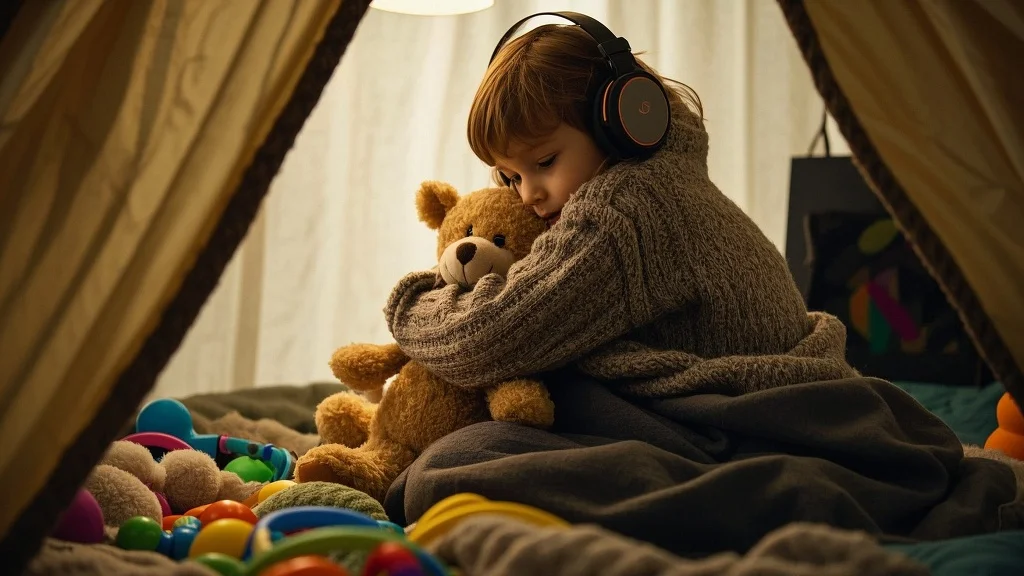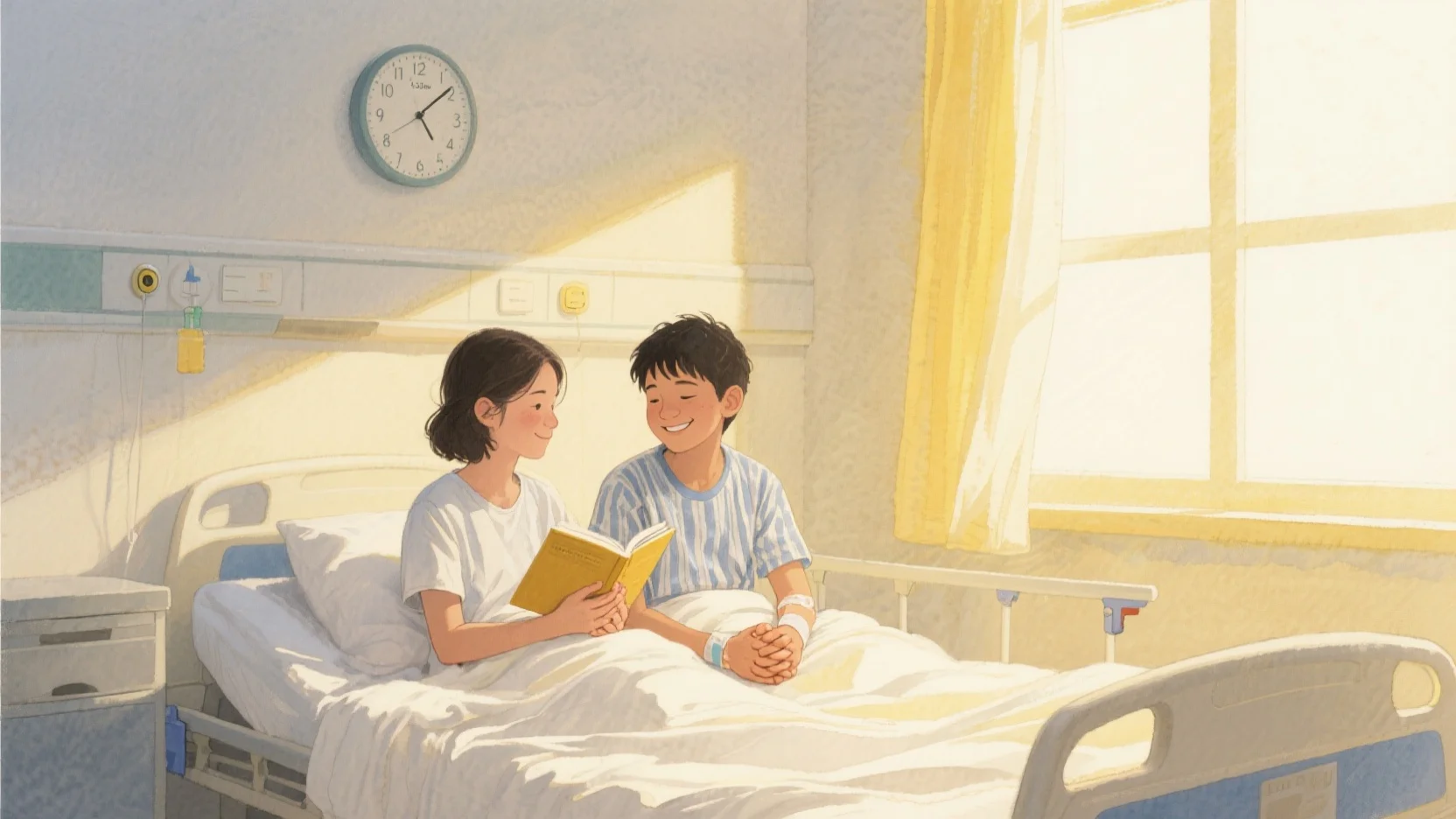Why Slow-Paced Shows Are Better for Young Brains
Toddlers (ages 2–4) are still developing attention, memory, and impulse control—skills known as executive function. Research shows that fast-paced cartoons (like Cocomelon or Paw Patrol) can overwhelm their brains, while slow, gentle shows (Daniel Tiger, Puffin Rock) support healthy development.
Here’s what science says about low-stimulation TV and how to use it wisely.
🧠 How Fast-Paced TV Affects Toddlers
1. Weakens Executive Function
- A study found that just 9 minutes of fast-paced cartoons (with rapid scene changes) reduced 4-year-olds’ ability to focus, plan, and problem-solve.
- Why? Fast cuts force toddlers to constantly refocus, draining mental energy.
2. Increases Cortisol (Stress Hormone)
- Bright colors, loud sounds, and quick edits overstimulate toddlers, raising stress levels.
- Low-stim shows (slow pacing, soft visuals) help kids stay calm and engaged.
3. Linked to Language Delays
- Excessive screen time (especially before age 2) is associated with slower vocabulary growth.
- Educational, slow-paced shows (like Sesame Street) can boost language skills when watched in moderation.
📺 What Makes a Show “Low-Stimulation”?
✅ Slow pacing (few scene changes, long shots)
✅ Soft colors & gentle music (no flashing lights or loud noises)
✅ Simple, relatable stories (no fantasy overload)
✅ Clear speech & repetition (helps toddlers learn words)
Best Examples:
- Daniel Tiger’s Neighborhood (emotional learning)
- Puffin Rock (nature documentary-style)
- Little Bear (calm, imaginative play)
- Trash Truck (slow-paced adventures)
👶 Official Screen Time Guidelines (AAP Recommendations)
| Age | Recommendation |
|---|---|
| 0–18 months | ❌ No screens (except video calls) |
| 18–24 months | ⚠️ 10–15 mins/day, only with a parent |
| 2–5 years | ✅ Max 1 hour/day of high-quality, slow-paced shows |
Key Rules:
✔ Co-view when possible (talk about what’s happening).
✔ Avoid before bedtime (screens disrupt sleep).
✔ Follow with real-world play (helps brain process what they watched).
💡 How to Use Low-Stim Shows Wisely
1. Limit Length
- 10–15 minutes per session (ideal for toddlers under 3).
- Max 1 hour/day for ages 3–5.
2. Choose the Right Shows
✅ Good: Daniel Tiger, Puffin Rock, Little Bear
❌ Avoid: Cocomelon, Paw Patrol, Blippi (too fast & flashy).
3. Watch Together & Discuss
- Ask: “What do you think will happen next?”
- Relate the show to real life: “Daniel Tiger felt sad—have you ever felt that way?”
4. Use for Calm Transitions
- Pre-nap wind-down: Puffin Rock (5–10 mins) → Nap
- Afternoon reset: Trash Truck → Coloring
🌟 Final Thought
Low-stimulation TV isn’t just “safer”—it’s smarter. By choosing slow, gentle shows and limiting screen time, parents can support their toddler’s brain development, language skills, and emotional regulation.








